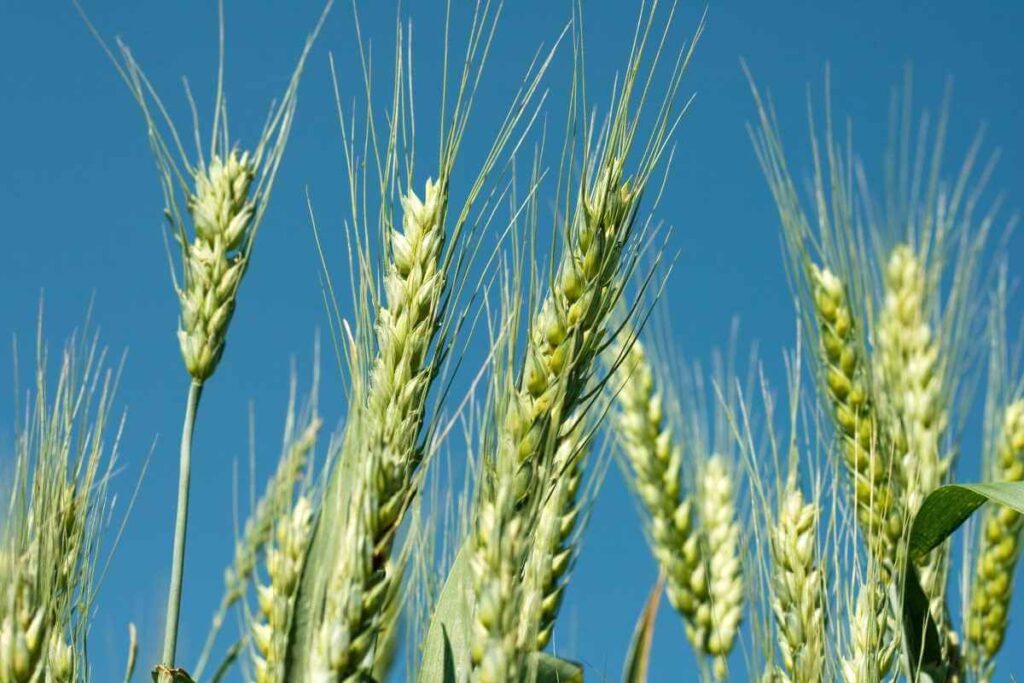The Agriculture and Food Authority (AFA) has announced new minimum wheat prices for the 2025/2026 season following a comprehensive review of the Wheat Purchase Programme (WPP). The updated pricing policy comes after a multi-stakeholder consultation process that evaluated production costs, aggregator margins, and price negotiations.
During the review, stakeholders agreed on maintaining the wheat grading system used in the 2024/2025 season. Wheat will continue to be graded into three categories based on bushel weight. Grade 1 wheat, with a bushel weight of 78 and above, will fetch a minimum price of Kshs. 4,750 per 90 kg bag. Grade 2, with a weight range between 75 and 77.9, will be priced at Kshs. 4,650 per 90 kg bag. Grade 3 wheat, with a bushel weight below 75, will be traded based on a willing buyer, willing seller model.
The traditional wheat buying centres, including Narok, Nakuru, Eldoret, Nyahururu, and Timau, will continue to serve as the main aggregation points. Aggregators will be vetted and registered afresh by AFA to act as marketing agents for the season. A handling fee of Kshs. 220 per 90 kg bag will be paid for services such as weighing, offloading, and testing. This fee will be shared equally between farmers and millers, ensuring shared responsibility in operational costs.
In addition to the price structure, millers seeking to import wheat under the Duty Remission Scheme (DRS) will be required to purchase a proportionate amount of locally produced wheat. Eligibility for import duty relief will depend on millers being registered with AFA, demonstrating consistent local purchase commitments, and meeting import quota utilization targets.
The DRS, developed under the East African Community (EAC) framework, allows millers to pay a reduced import duty of 10 percent, significantly lower than the 35 percent imposed on sensitive products. This policy is designed to strike a balance between supporting local wheat farmers and meeting national consumption needs.
All resolutions from the stakeholder consultations are binding, and any future adjustments to the Wheat Purchase Programme will be made only after consensus is reached among involved parties. The updated policy framework is part of broader efforts to stabilize wheat prices, enhance food security, and promote sustainable agricultural practices in Kenya.

